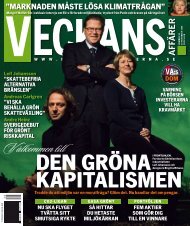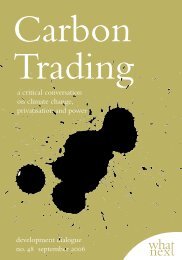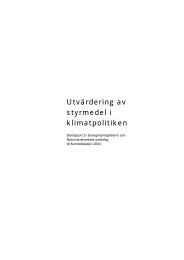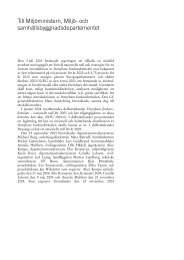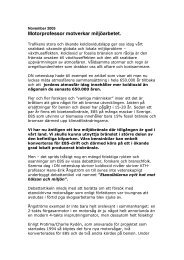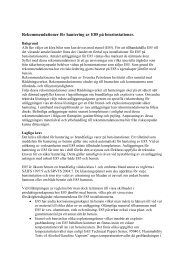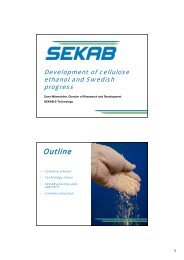Sugarcane ethanol: Contributions to climate change - BAFF
Sugarcane ethanol: Contributions to climate change - BAFF
Sugarcane ethanol: Contributions to climate change - BAFF
Create successful ePaper yourself
Turn your PDF publications into a flip-book with our unique Google optimized e-Paper software.
Impacts of sugarcane bio<strong>ethanol</strong> <strong>to</strong>wards the Millennium Development Goals<br />
Box 5. The elimination of Pakistan from the EU GSP.<br />
Until recently, Pakistan was the second largest industrial alcohol exporter <strong>to</strong> the EU after Brazil,<br />
under the General System of Preferences (GSP). In May 2005, the Commission of Industrial<br />
Ethanol Producers of the EU (CIEP) accused Pakistan and Guatemala (the largest duty free<br />
exporters for the period 2002-2004) of dumping ethyl alcohol in the EU market, causing material<br />
harm <strong>to</strong> domestic producers. The Commission dropped proceedings a year later when full cus<strong>to</strong>m<br />
tariffs were res<strong>to</strong>red on Pakistani imports. Later, following a complaint lodged by India at the<br />
World Trade Organization (WTO), a panel concluded that by granting tariff preferences <strong>to</strong> 12<br />
countries under this special arrangement the EU was violating GATT/WTO preferential treatment<br />
obligations. The EU consequently removed Pakistan from the GSP. In the revised GSP regime, the<br />
anti-drug system has been replaced by GSP Plus, for which Pakistan does not qualify.<br />
Elimination of Pakistan from the GSP had devastating effects on the local industry. Distilleries<br />
begun <strong>to</strong> suffer important losses and some had no option but <strong>to</strong> cease operations. Whilst<br />
between 2002 and 2003, the number of distilleries in the country increased from 6 <strong>to</strong> 21, the<br />
more stringent EU tariff measures <strong>to</strong>gether with a rise in molasses exports, the distilleries were<br />
soon running idle capacities. Currently, at least 2 distilleries have shut down, with another 5<br />
contemplating that option.<br />
Source: adapted from Rafi Khan et al. (2007).<br />
NGOs (e.g. WWF); and also by Universities (e.g. Lausanne University). �ese schemes tend<br />
<strong>to</strong> focus on traditional environmental and social aspects of feeds<strong>to</strong>cks production, with<br />
several of them including greenhouse emission issues and with some few of them expanding<br />
<strong>to</strong> food security concerns. Although environmental and social assurance is needed in the<br />
industry, where these schemes are developed by importing nations, with little participation<br />
by producing country stakeholders, insu�cient re�ection of the producing countries’<br />
environmental and social priorities and without mutual recognition between them, they<br />
are bound <strong>to</strong> constitute signi�cant trade barriers. Moreover, the experience with assurance<br />
schemes in the agriculture and forestry sec<strong>to</strong>r indicates that the complex procedures and<br />
high costs usually associated with them have regressive e�ects in detriment of small and<br />
poorest producers in developing countries. All in all, sustainability standards for bio<strong>ethanol</strong><br />
trade are <strong>to</strong> become more and more important. Countries wanting <strong>to</strong> bene�t from bio<strong>ethanol</strong><br />
exports need <strong>to</strong> invest in the development of robust and credible certi�cation systems that<br />
satisfy importing countries requirements.<br />
Overall, it is widely agreed that developing countries would bene�t from enhanced bio<strong>ethanol</strong><br />
trade and therefore the need <strong>to</strong> eliminate trade barriers.<br />
<strong>Sugarcane</strong> <strong>ethanol</strong> 219



